664
views
views

This post gives you an introduction to computers, and Evolution of Computers and its brief history.
1.1 Introduction - What Is a Computer?
Definition: An automatic electronic apparatus for calculations or controlling operations expressible in numerical or logical terms.
Categories: Initially mechanical, now electronic. Primarily used for data processing and computer-assisted controls.
Operations: Limited to logical or numerical terms.
Functions:
- Accepts input (data or instructions).
- Stores input in memory cells.
- Processes input through calculations or logical comparisons.
- Outputs result in alphanumeric form.
- Internally converts input to binary digits for processing.
1.2 Evolution of Computers - A Brief History:
Computing in the Mechanical Era
- Abacus: Invented in 500 BC.
- Blaise Pascal: Designed a calculator with gears (1642).
- Charles Babbage: Analytical Engine (1823) - Programmable but not reliable due to precision issues.
Computing in the Electrical Era
- Electric Motors (1800): Led to motor-operated calculating machines.
- Herman Hollerith (1889): Developed a mechanical machine using punched cards.
- Konrad Zuse (1941): Created the first electronic calculating computer (Z3).
- Alan Turing (1943): Developed the Colossus, a fixed-program electronic computer.
- ENIAC (1946): First general-purpose electronic digital computer by J.W. Mauchly and S.P. Eckert.
Transition to Transistors and Integrated Circuits
- Transistor (1948): Invented at Bell Labs.
- 1958: General-purpose computers using transistors were introduced.
- Jack Kilby (1958): Invented the integrated circuit.
- 1971: Intel announced the single-chip microprocessor 4004.
Microprocessor Development
- 1972-1979: Introduction of various 8-bit microprocessors.
- 1981: IBM PC with 8088 microprocessor gained popularity.
- 1983-1989: 80286, 80386, and 80486 microprocessors introduced.
- 1993: Pentium was introduced, providing improved personal computers.
Advancements in Computing
- 1980s-1990s: Rise of personal computers, networking, and portable devices.
- Programming Languages: Assembly, Fortran, Algol, Cobol, Basic, Pascal, C/C++, Ada, Java.
- Operating Systems: Unix, MSDOS, MS-Windows, Linux (gaining popularity).


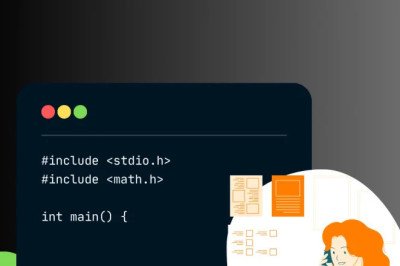
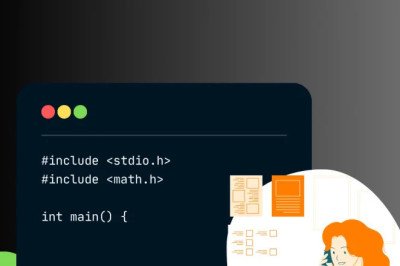
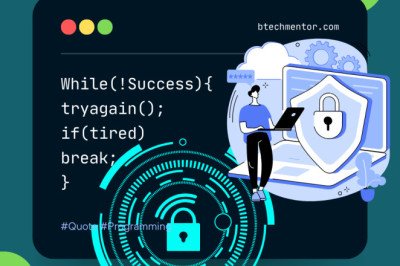
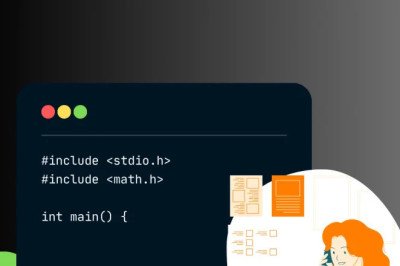
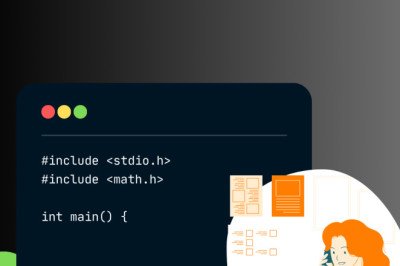
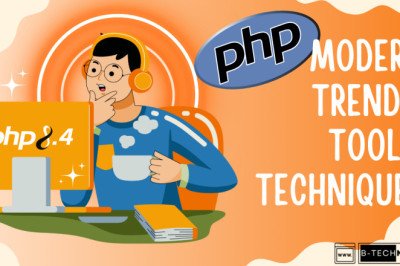
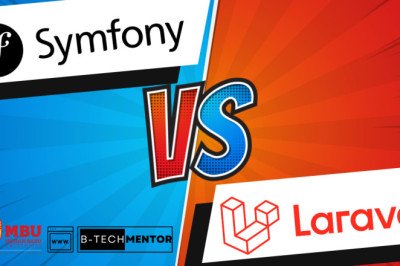
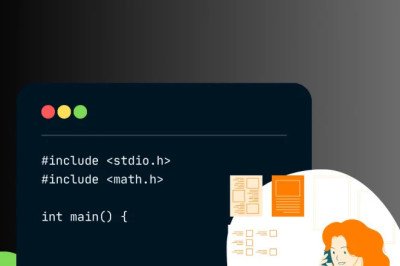

Comments
0 comment